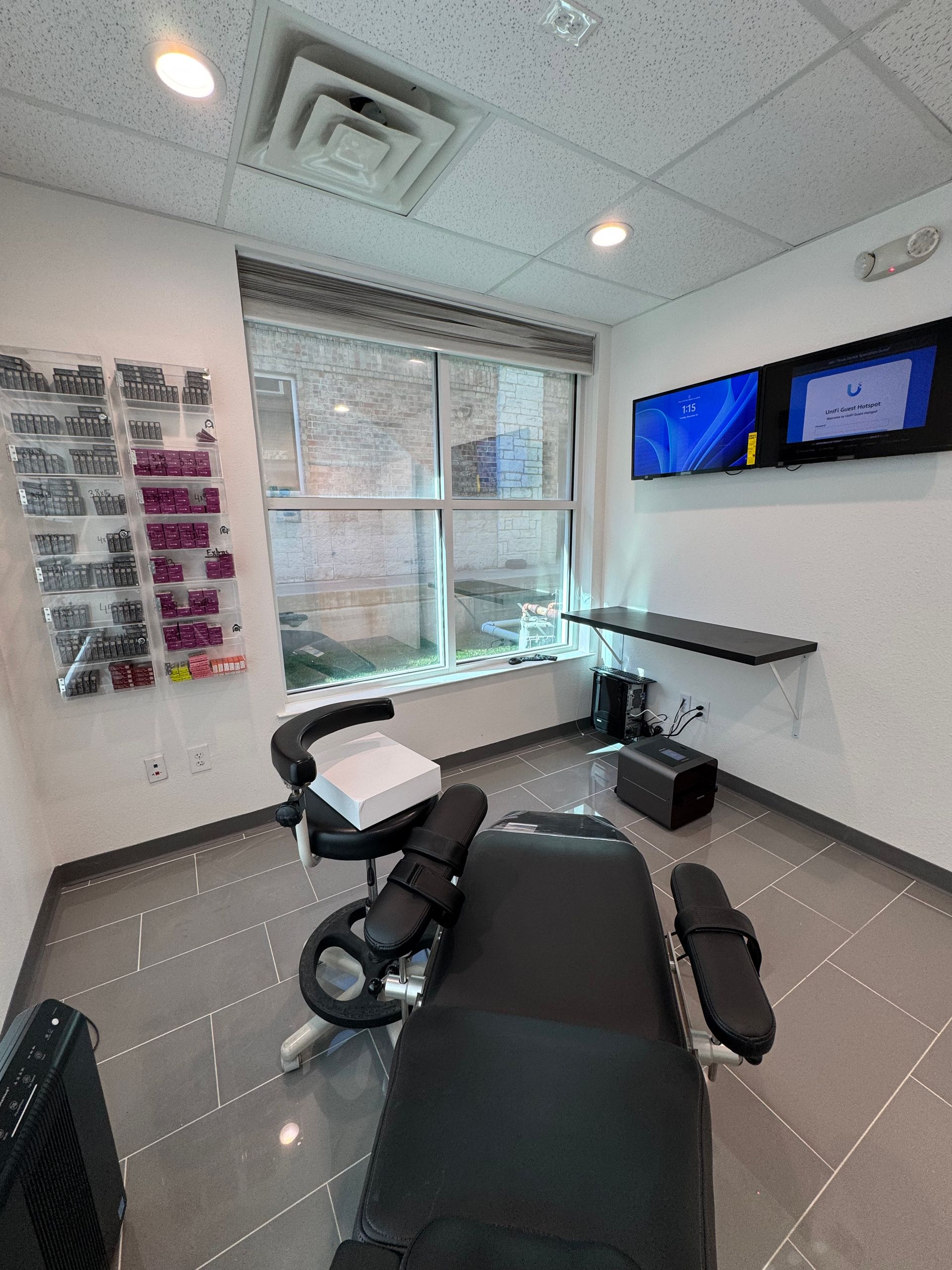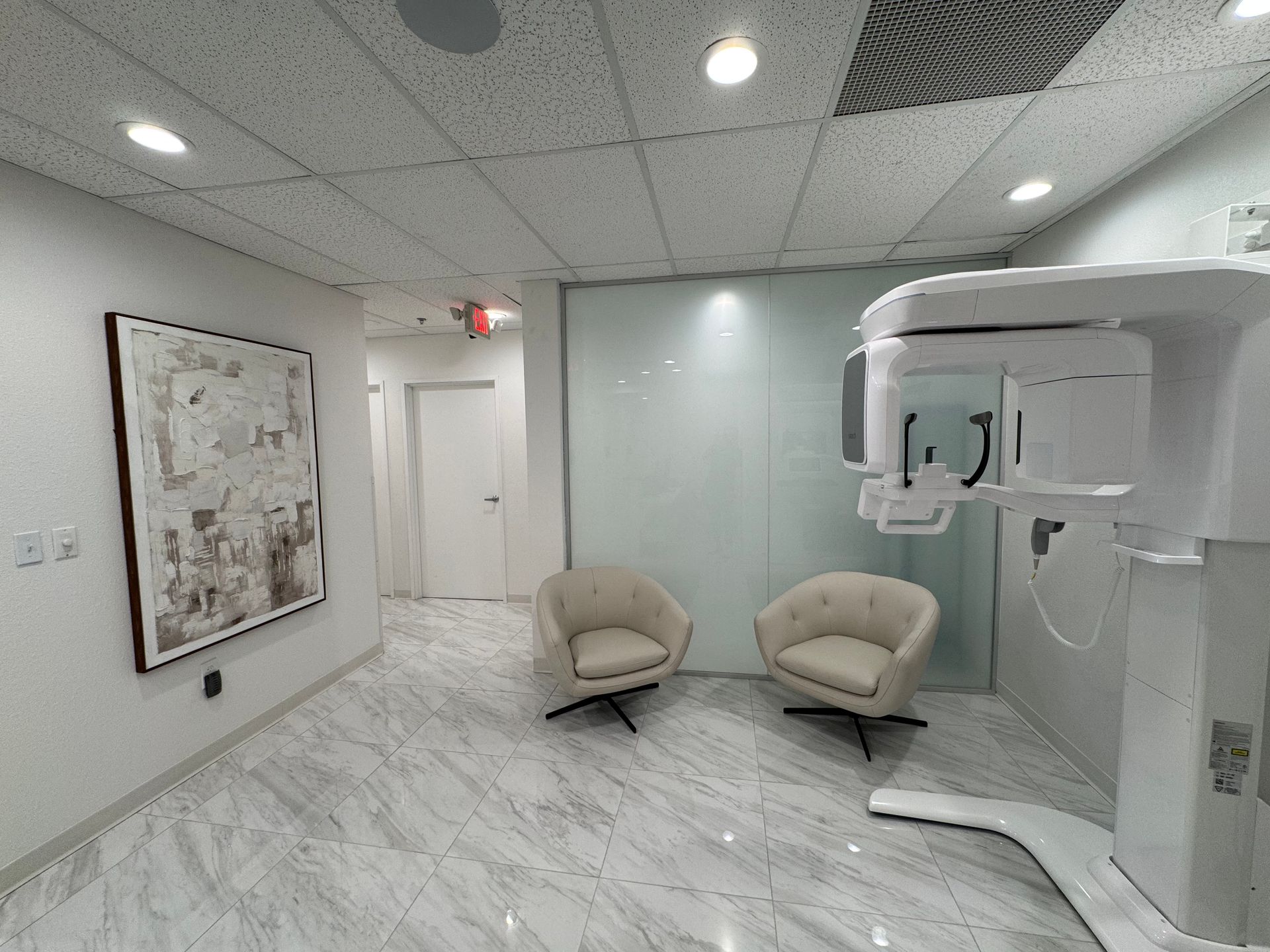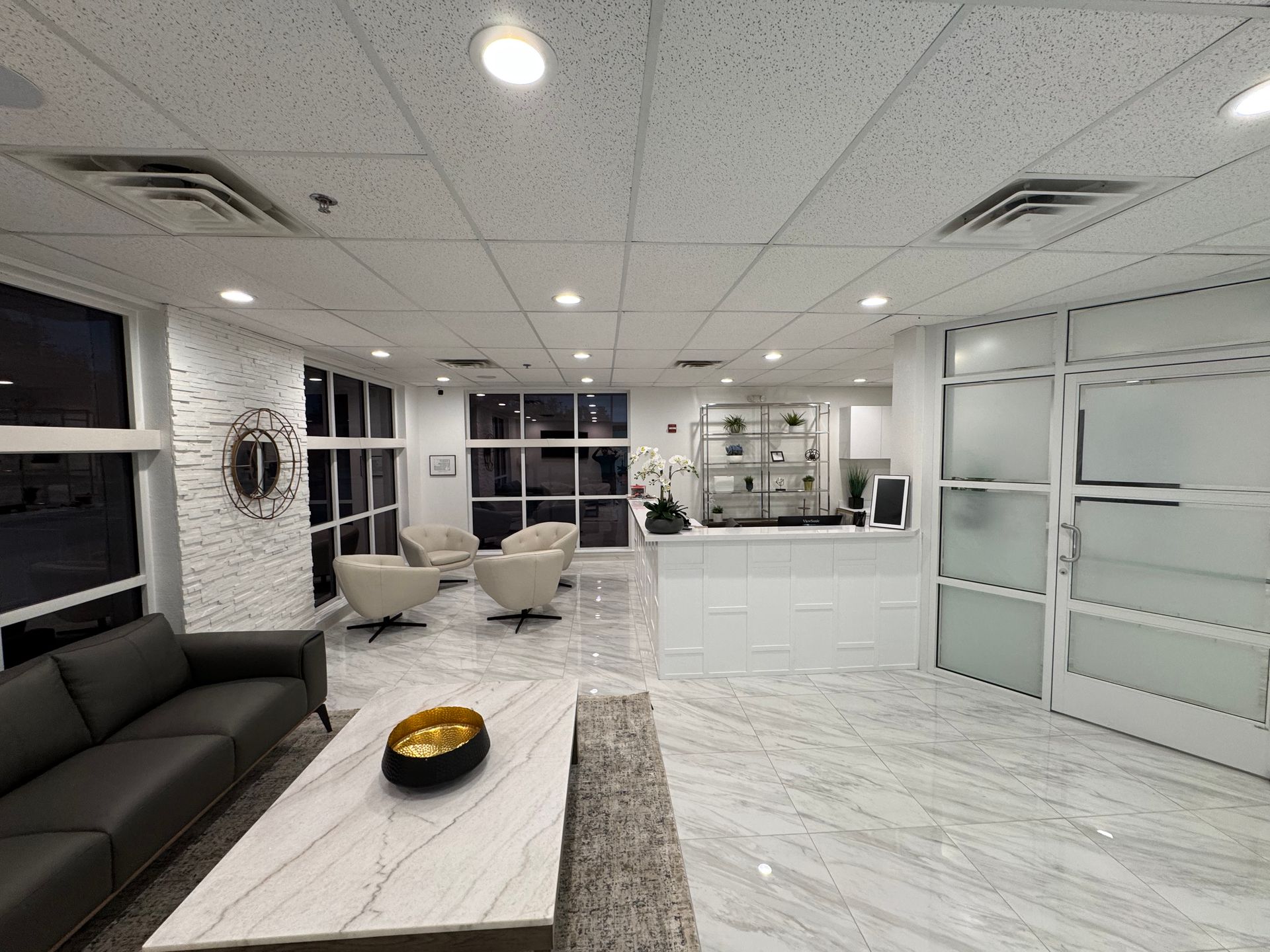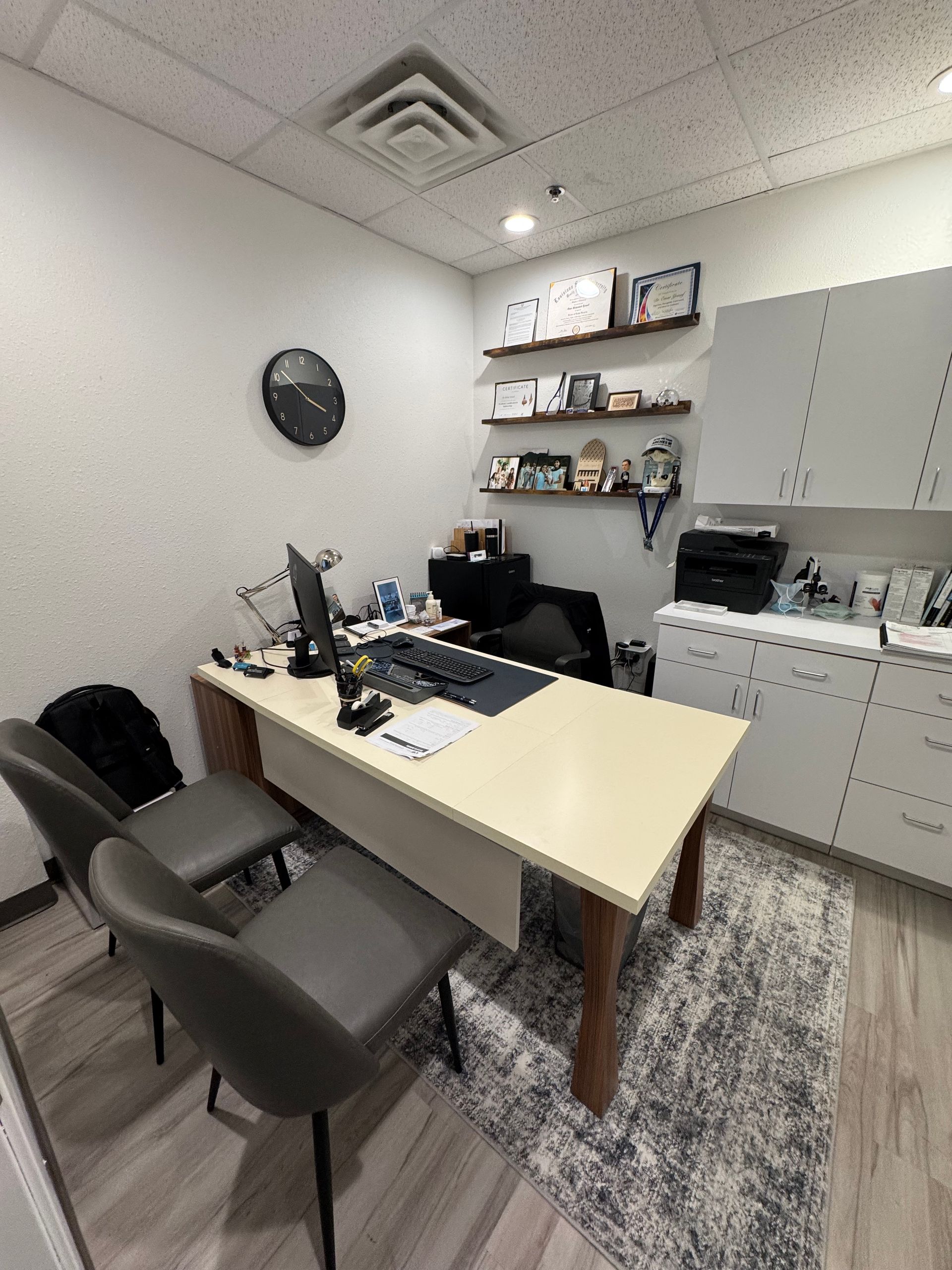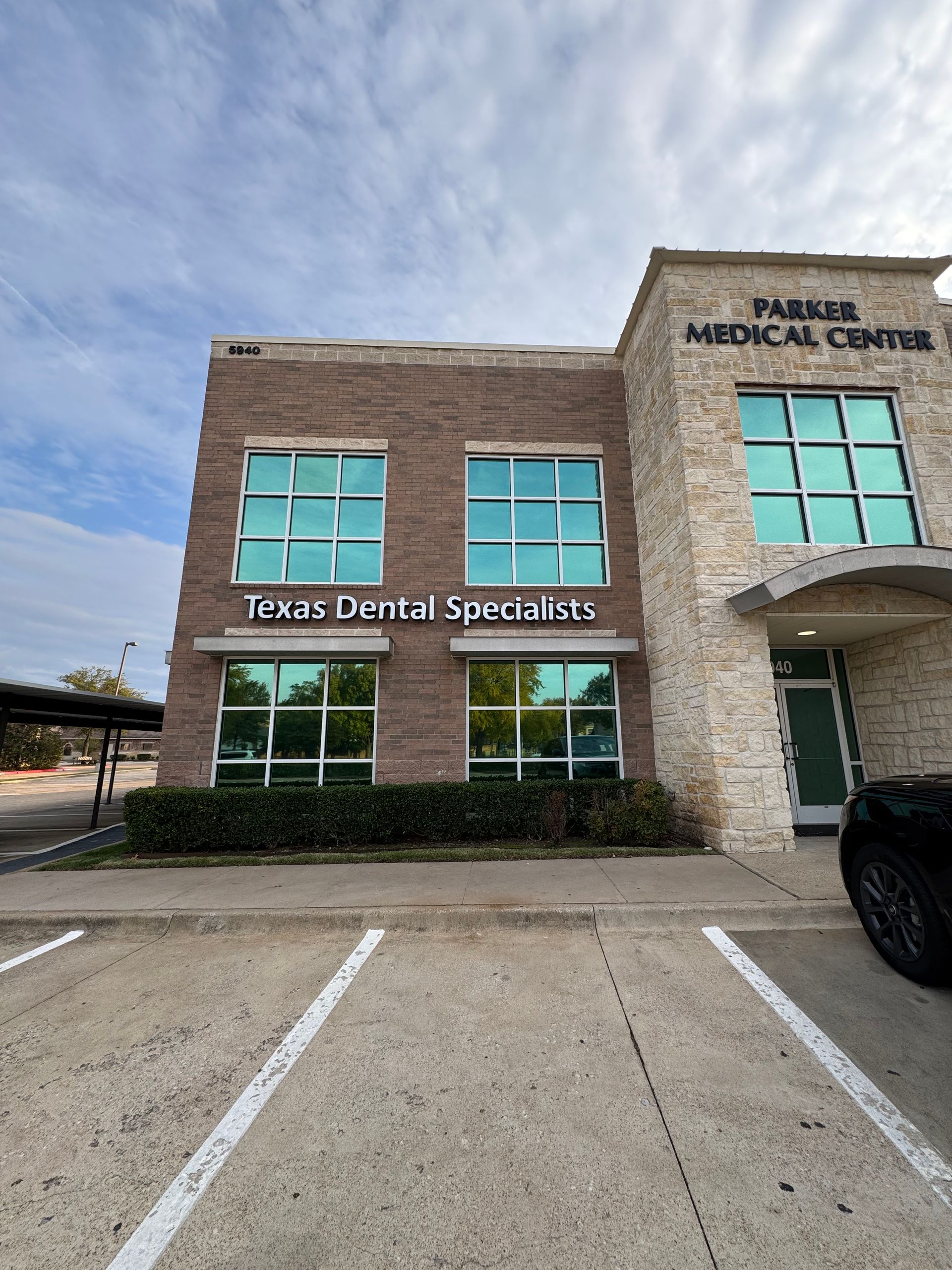Can a Dentist Pull All Your Teeth at Once? Here’s What You Should Know
Yes, a dentist can pull all your teeth at once—if it’s medically necessary and you're healthy enough to undergo the procedure. Full mouth extractions are often performed in preparation for dentures, dental implants, or to eliminate widespread infection or disease. While the idea might sound extreme, it's more common than you think—and with modern sedation and aftercare, it can be done safely and comfortably.
Let’s walk through why this might be needed, what the procedure involves, and what to expect afterward.
Why Would Someone Need All Their Teeth Removed?
There are several reasons why a full-mouth extraction might be necessary:
- Advanced gum disease (periodontitis): This condition can lead to loose, painful teeth that are no longer viable.
- Severe tooth decay: When teeth are extensively damaged and beyond restoration.
- Chronic dental infections: Sometimes extractions are the only way to stop recurring or systemic infections.
- Preparing for dentures or dental implants: Some patients choose full extraction to replace problematic teeth with a more functional solution.
Your dentist will only recommend this option if it’s the best path for your overall oral and physical health.
What to Expect During a Full Mouth Extraction Procedure
At Texas Dental Specialists in Plano, we prioritize your safety and comfort throughout the process. Here’s a general breakdown of what happens:
1. Initial Consultation
You’ll meet with Dr. Omar Yousuf to review your oral health, take X-rays, and evaluate your overall medical history. This is to determine if full mouth extraction is the right option and whether you’re a good candidate for sedation.
2. Sedation and Anesthesia
Because multiple teeth are being removed, sedation dentistry is typically recommended. You may receive:
- Oral conscious sedation
- IV sedation
- Nitrous oxide (laughing gas)
Local anesthesia is also administered to numb your mouth.
3. Tooth Removal
Once you're sedated and comfortable, the dentist begins removing your teeth—carefully and systematically. The procedure can take 1–2 hours depending on how many teeth need to be extracted and whether any are impacted.
4. Post-Extraction Instructions
You’ll be given detailed aftercare guidelines, pain management tips, and follow-up appointments to monitor healing.
Is It Safe to Have All Your Teeth Pulled at the Same Time?
Yes, for most patients it is safe—especially when performed by a skilled dental team under proper sedation. The key factors that determine safety include:
- Overall health condition
- Presence of chronic diseases like diabetes
- Use of medications like blood thinners
- Smoking or alcohol use
At Texas Dental Specialists, every case is evaluated individually to minimize risks and ensure a smooth procedure and recovery.
What Are the Risks?
While rare, potential risks may include:
- Excessive bleeding
- Infection
- Dry socket (if post-op care isn’t followed)
- Swelling or bruising
- Delayed healing in smokers or immunocompromised patients
That’s why post-operative care and follow-ups are so important.
Dentures or Implants: What Comes Next?
After a full-mouth extraction, patients often choose one of the following restorative options:
- Immediate dentures: Can be worn right after extraction for
cosmetic and functional purposes.
- Conventional dentures: Created after your gums have healed, offering a better long-term fit.
- Implant-supported dentures or full-arch implants: A permanent and stable solution for long-term use.
Dr. Yousuf will help you decide the right option based on your oral anatomy, budget, and lifestyle.
How Long Does It Take to Recover?
Initial healing from full mouth extractions usually takes about 7–10 days. However, full gum and bone healing can take several weeks. Here’s what recovery typically involves:
- Days 1–3: Swelling, soreness, and possible bleeding
- Days 4–7: Discomfort begins to ease; soft foods are still recommended
- Weeks 2–6: Healing continues beneath the gums, and you’ll likely be ready for dentures or other restorations
Following your post-op instructions closely will speed up recovery and minimize complications.
Final Thoughts
So, can a dentist pull all your teeth at once? Yes—when done safely, it can be a life-changing step toward better oral health and function. At Texas Dental Specialists in Plano, we take every step to ensure the procedure is done with expert care, personalized sedation, and thoughtful follow-up.
If you're struggling with failing teeth, dental pain, or recurring infections, schedule a consultation today to explore whether full-mouth extraction might be right for you.
Frequently Asked Questions
Does it hurt to have all your teeth pulled at once?
No, the procedure itself does not hurt—thanks to modern sedation and local anesthesia. At Texas Dental Specialists, we offer several sedation options (including IV sedation and oral conscious sedation) to ensure you're completely relaxed and pain-free during the extraction. Some soreness and swelling are expected after the procedure, but this can be managed with prescribed medication and proper aftercare.
Do they put you to sleep when they pull all your teeth for dentures?
Often, yes—especially if multiple teeth are being removed. You may be placed under IV sedation or oral conscious sedation so that you’re either fully asleep or deeply relaxed with little memory of the procedure. The level of sedation depends on your medical history, anxiety level, and treatment plan. Dr. Omar Yousuf will determine the safest and most comfortable sedation option for you.
How many teeth can a dentist remove at once?
There’s no strict limit, and dentists can remove all your teeth in a single visit if needed. Full-mouth extractions are commonly done to prepare for dentures or implants. Your dentist will assess your health, medications, and any potential surgical risks to decide the best approach—sometimes it’s done in stages, but often it’s safe to remove all teeth in one session under sedation.
Can the dentist remove all my teeth?
Yes, if medically necessary. Dentists perform full-mouth extractions in cases of advanced gum disease, widespread decay, chronic infection, or to prep for complete dentures or implant-supported teeth. At Texas Dental Specialists, we only recommend this if your teeth cannot be restored and it’s in your best long-term interest.
How long is recovery after having all teeth pulled?
Initial healing takes 7 to 10 days, during which time swelling and tenderness are common. Full recovery of your gums and bone can take 6 to 8 weeks or more, depending on your overall health and whether you're preparing for dentures or implants. Following post-op instructions, eating soft foods, and attending follow-ups help ensure a smooth recovery.





